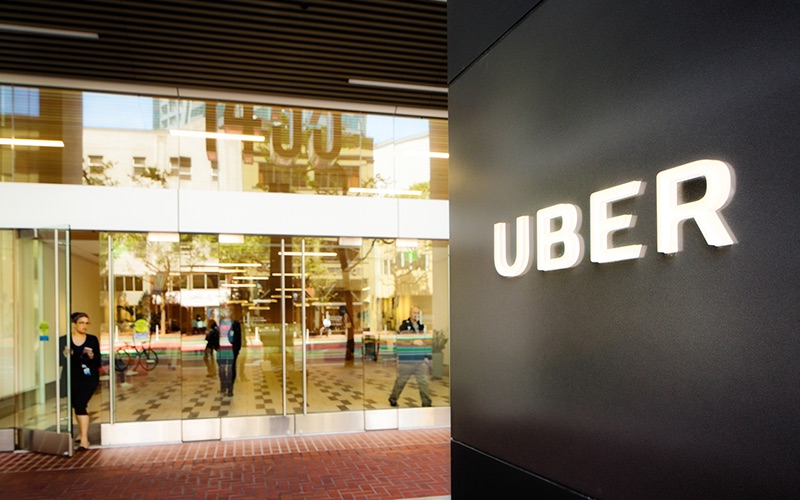Uber and GMB agree groundbreaking deal

In what has been hailed as a history-making deal, technology firm Uber will formally recognise the GMB union, which will now be able to represent up to 70,000 Uber drivers across the UK, the union has announced.
GMB union announced a groundbreaking trade union recognition deal on 26 May, and under a collective bargaining agreement, the GMB will be able to represent drivers across the UK.
The GMB statement said that drivers will retain the freedom to choose if, when and where they drive, while also having the choice to be represented by the union.
This builds on changes made earlier this year that guarantee all drivers at least the National Living Wage – although drivers can earn more – holiday pay and a pension plan.
Uber is the only major private hire operator to offer these protections, and no other operator has followed this move.
The union said that the protection of drivers will be advanced further as Uber and GMB have pledged to come together to improve the future of such platform work.
Uber will also support drivers if they choose to sign up as a member of GMB, and union representatives will have a presence in Uber’s driver support hubs to help increase membership.
Under the landmark agreement, GMB and Uber will work together on such key topics as:
- National earnings principles: Including Uber’s National Living Wage guarantee and holiday pay.
- Pension: Including how to encourage drivers to enrol and contribute.
- Discretionary benefits: Including free AXA insurance for sickness and injury, and Uber’s driver loyalty programme.
- Health, safety and wellbeing: To ensure that drivers are safe when working on the app, including personal safety, road safety and driver well-being.
- Account deactivations: GMB will play a role representing drivers if they lose access to the Uber app.
- Representation: GMB and Uber leadership will meet quarterly to discuss driver issues and concerns.
- Organising drivers: Uber has agreed access rights for GMB representatives at driver hubs to enable them to meet and support drivers.
Mick Rix, GMB’s national officer, said: “This groundbreaking deal between GMB and Uber could be the first step to a fairer working life for millions of people. History has been made. This agreement shows gig economy companies don't have to be a wild west on the untamed frontier of employment rights.
“When tech private hire companies and unions work together like this, everyone benefits – bringing dignified, secure employment back to the world of work. We now call on all other operators to follow suit.”
Jamie Heywood, regional general manager for Northern and Eastern Europe, Uber, said: “While Uber and GMB may not seem like obvious allies, we’ve always agreed that drivers must come first, and today we have struck this important deal to improve workers’ protections.
“Uber is the only major player in the industry to provide drivers with a National Living Wage guarantee, holiday pay and a pension, and this historic agreement means that Uber will be the first in the industry to ensure that its drivers also have full union representation.”
Under the terms of this deal, Uber will now formally recognise GMB. Drivers will not automatically become members and, for GMB representation, will have to sign up through the usual channels.
Earlier this year, Uber announced that 70,000 drivers in the UK will be treated as workers, earning at least the National Living Wage when driving with Uber (after accepting a trip request and after expenses). Drivers are paid for holiday time and those eligible will be automatically enrolled into a pension plan.
Drivers also continue to receive free insurance that covers sickness or injury, as well as parental payments, which have been in place for all drivers since 2018.
These changes mean that drivers now earn with greater security, helping them to plan for their futures. It followed the recent UK Supreme Court judgement, which provided a clearer path forward for the industry.
The GMB has existed for 132 years and represents more 620,000 workers across various sectors of the economy.
image credit | iStock
